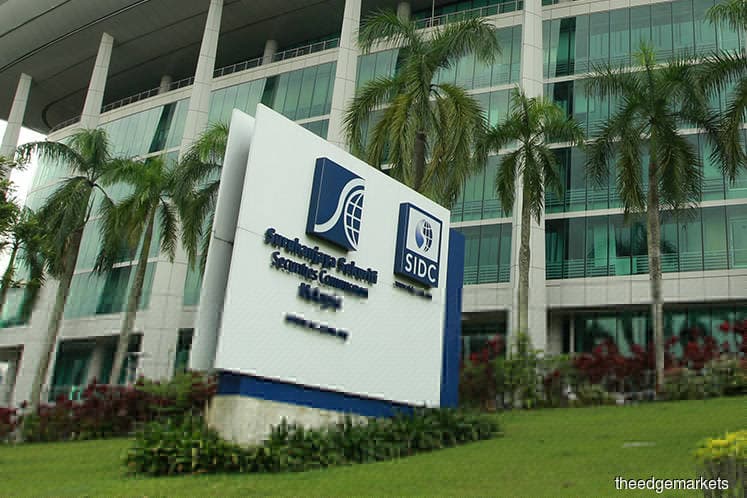
This article first appeared in The Edge Financial Daily on January 23, 2019
KUALA LUMPUR: The Securities Commission Malaysia (SC) has hinted at a few regulations and controls that could be introduced in the upcoming framework and guidelines for initial coin offerings (ICOs), which could see standards for whitepapers and thresholds for investors implemented.
The SC executive director for innovation, digital and strategy Chin Wei Min said there would be certain whitepaper requirements imposed on those intending to carry out an ICO, similar to prospectus requirements for companies looking at an initial public offering (IPO).
“If you look at the number of warnings and cases we have seen, these entities have been quite cavalier in issuing their whitepapers. Most whitepapers out there right now are of low quality standards.
“The idea here is to take out all the scams and fraudulent activities, while at the same time providing early-stage entrepreneurs with a new avenue to raise funds,”,” Chin told a press briefing yesterday.
The SC may also implement certain caps on investments similar to those imposed on equity crowdfunding, given ICOs’ risky nature.
“I would say the principles would be very similar to how we handle equity crowdfunding. There will be certain requirements, such as if you declare yourself to be a sophisticated investor, then you can invest a bigger amount,” said Chin.
“This kind of measure is not so much about preventing fraudulent activities; it’s just that most start-ups do not make it. It’s a high-risk investment.”
The new regulations will come up in a few weeks, said Chin. Digital asset exchanges will also see new regulations coming into force, like KYC (know your customer) requirements to comply with the Anti-Money Laundering and Anti-Terrorism Financing Act.
The SC had spoken with digital asset exchanges in Bank Negara Malaysia’s (BNM) list. These platforms can continue operating until March 1, subject to meeting certain conditions.
This transitional period allows those operating in Malaysia to review their operations to meet the regulator’s requirements, while other players not wanting to continue can wind down their operations and return the cash digital assets they hold to their respective investors.
Besides digital exchange platforms like Luno and Coinhako, the regulator is going after peer-to-peer exchanges like Remitano and LocalBitcoins. However, a number of digital asset exchange operators have not come forward.
“There are many crypto exchanges claiming to be operating in Malaysia and over the past one week, we had identified those not in BNM’s list but are operating in the country.
“We reserve the rights to take the necessary action against those that have not identified themselves to us by Jan 25,” said Chin.
The SC estimates there are over 50,000 active digital asset accounts under exchanges operating in Malaysia. On the classification of digital tokens and coins as securities, the regulator made it clear that not all digital assets will be treated as securities.
A digital currency is only considered a security if it meets the SC’s criteria. This includes coins traded in a place or facility where exchanges of the currency are regularly made, coins from which a person expects a return from its trading, conversion or redemption, and coins not issued or guaranteed by any government body or central bank. For digital tokens, the criteria include tokens awarded in exchange for a consideration with the person holding the tokens expecting a return from the trading of the asset.
“The easiest way to explain it is, it is scenario-based. Bitcoin, for example, if it is being traded, is considered a security. But if it is used to pay for goods and services, it is not a security but will fall under BNM’s regulations,” Chin explained.
“A token can also take on different functions throughout its lifetime. When it is used to raise money to say build a payment engine, then it is a fundraising activity, making it a security.
“But afterwards, if it is used for payment purposes, then it will need a licence from BNM. It is use-case dependent.”
Chin added that tokens or coins issued to raise funds for charity, for example, are not considered securities, and neither utility tokens, although he said no token has been issued that is a pure utility token.